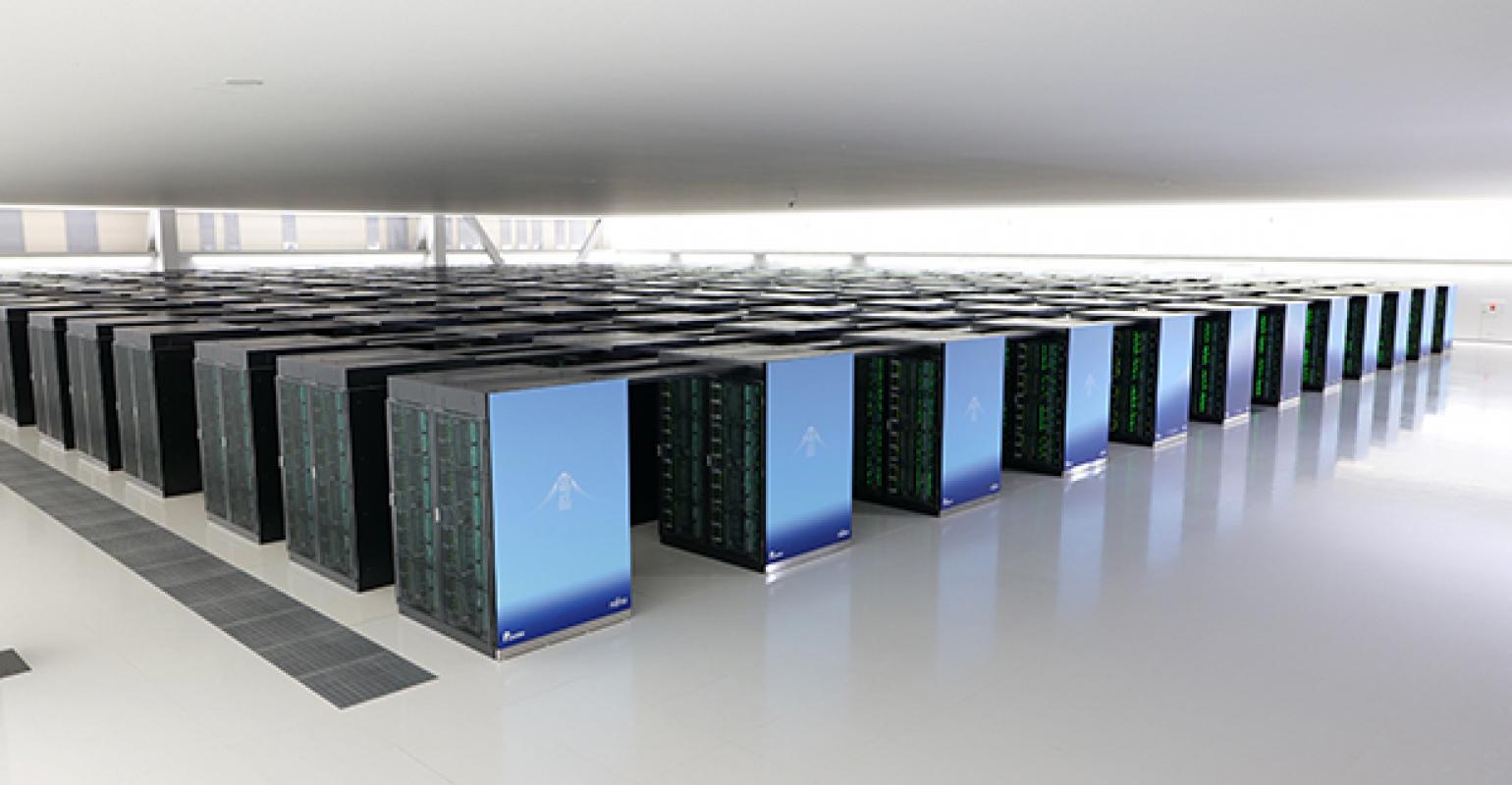When we think of computers, we often think of our laptops or just these huge stacks of black rectangular boxes. Our laptops deliver enough power to get us through the day, while these stacks of black boxes transmit crazy packets of data in an instance, thus offering possibly supercomputing abilities. But these supercomputers simply consume massive amount of infrastructural space (think lowest floor of Westgate) and hog electricity.

Room with supercomputers – Scott Fulton III, Data Center Knowledge.
Cloud computers resolves these environmental issues raised by the massive electricity usage. They provide computing services – storage, processing, analytics – but over the Internet. Small- and mid-size businesses benefit tremendously because they can access these services without buying expensive physical computers. However, not buying these physical computers means saving resources and potentially the environment too. So, let’s ask the question: how does cloud computer benefit the environment?
Emissions

Simplified visual of the less physically-demanding cloud computing system – Cloud Academy.
Whenever we think saving the environment, the conversation begins with energy usage and subsequent emissions. A Salesforce survey stated that cloud computing could reduce emissions by 95% – a promise that should encourage more companies to switch over to cloud computing. Such a massive leap in environment occurs for various reasons:
- Companies no longer must maintain these physical computers, so energy-consuming resources that maintain these computers is out the picture.
- The infrastructural space needed to hold these computers is minimized, so more space is available for other infrastructure.
- Most obviously, there’s one less physical unit draining significant energy.
But it’s not that simple. Not all cloud computers rely on renewable energy; the extra infrastructural space created could result in renewable energy plants to operate these computers – that’s an expensive infrastructural investment, however!
Easier Scale-Up for Businesses

Worker picking through e-waste – Zoran MIlich, National Geographic.
Because businesses don’t need to buy physical computers, they can easily scale up their
computer power and their services, subsequently. Scaling up demands installing warehouses, transferring data onto hardware (i.e., hard disks and SSDs), and throwing away old computers. With the cloud, we relatively “only” need a laptop with a decent CPU and RAM (think a MacBook Pro 13”); these computers are certainly expensive, but they’re significantly cheaper than purchasing, housing, and maintaining a massive stack of supercomputers. Essentially, businesses can more efficiently scale up without creating e-waste, and we’ve discussed that problem previously.
Conclusion
Cloud computing offers technical resources efficiently over the Internet. Understandably, understanding how to use these services (such as an Amazon Web Services) is a hotly demanded skill in the industry right now. Cloud computing already changed the tech industry’s trajectory; startup companies can develop at a faster rate than ever before, so more innovations can be introduced more quickly. However, one concern with innovation has been emissions, but cloud computing seems to bring this promise in a significantly eco-friendly way for both the producer and consumer.
Cloud computing is very interesting! I talked to a person who worked for Amazon’s web services, and the intricacies of all of it is pretty incredible. Right now, cloud computing feels pretty concentrated among large companies like Amazon, but I hope that changes! I never considered how this would benefit the environment, but it makes a lot of sense. I like the visuals that you used, it really highlighted the importance of this article.